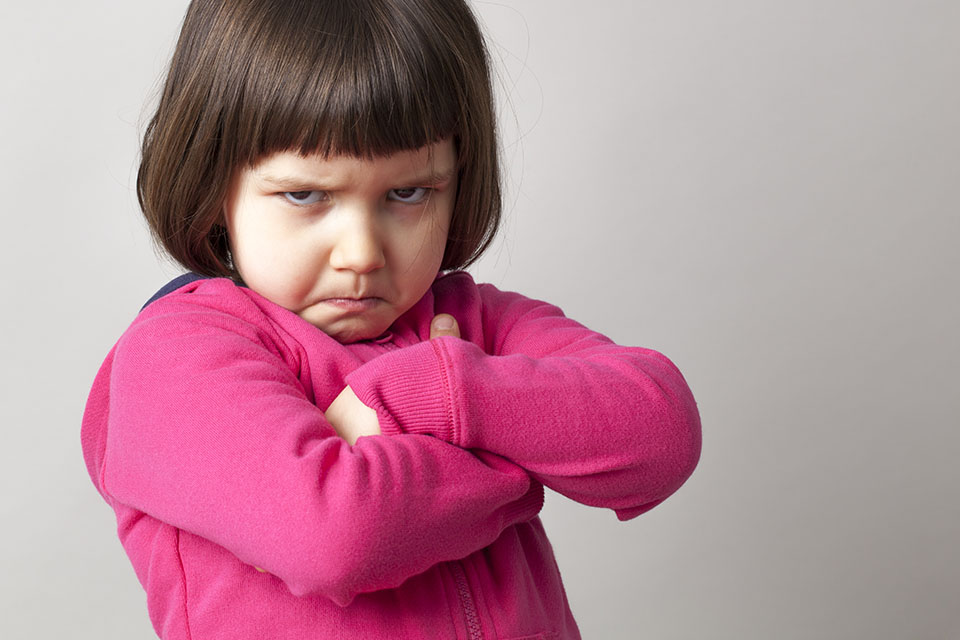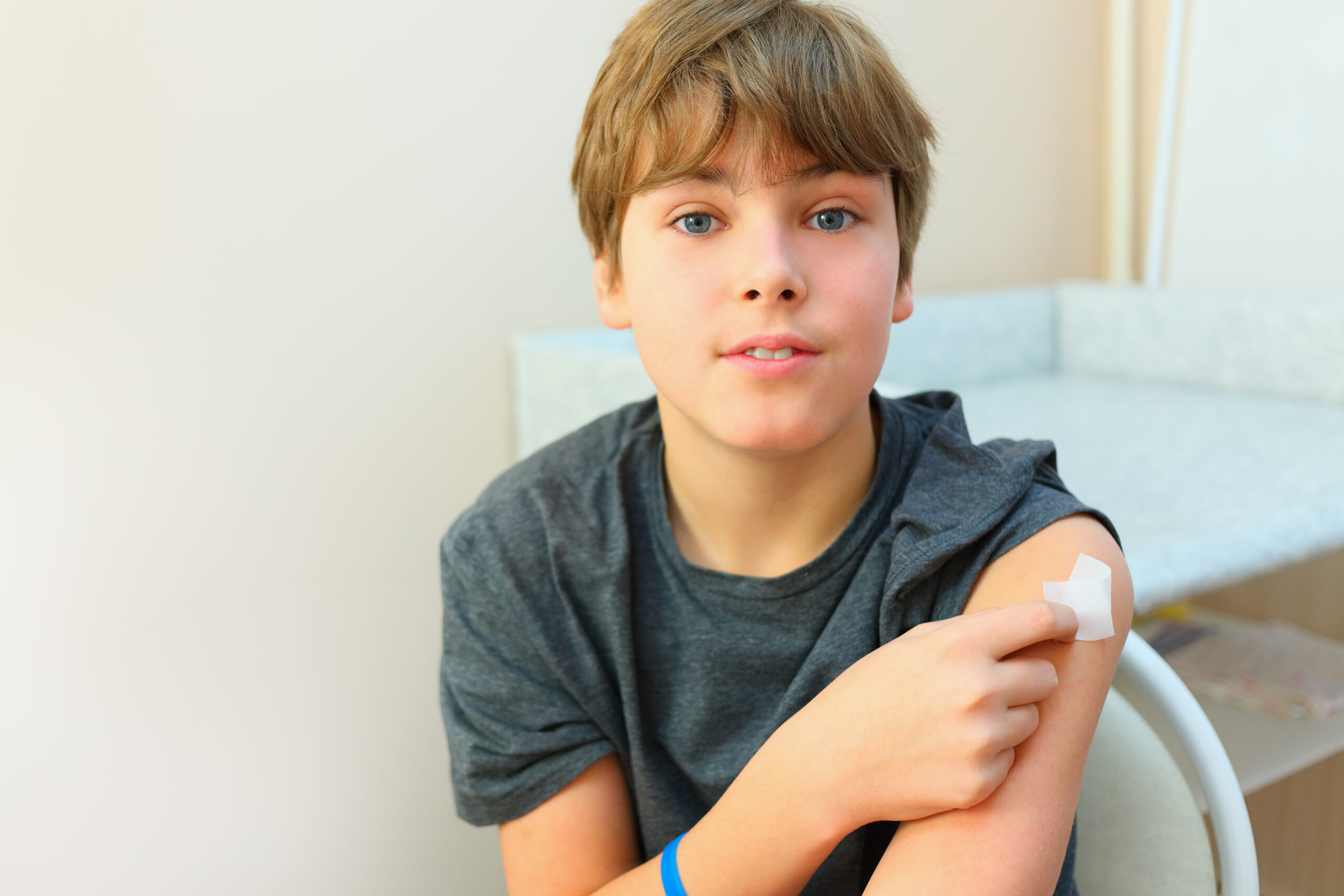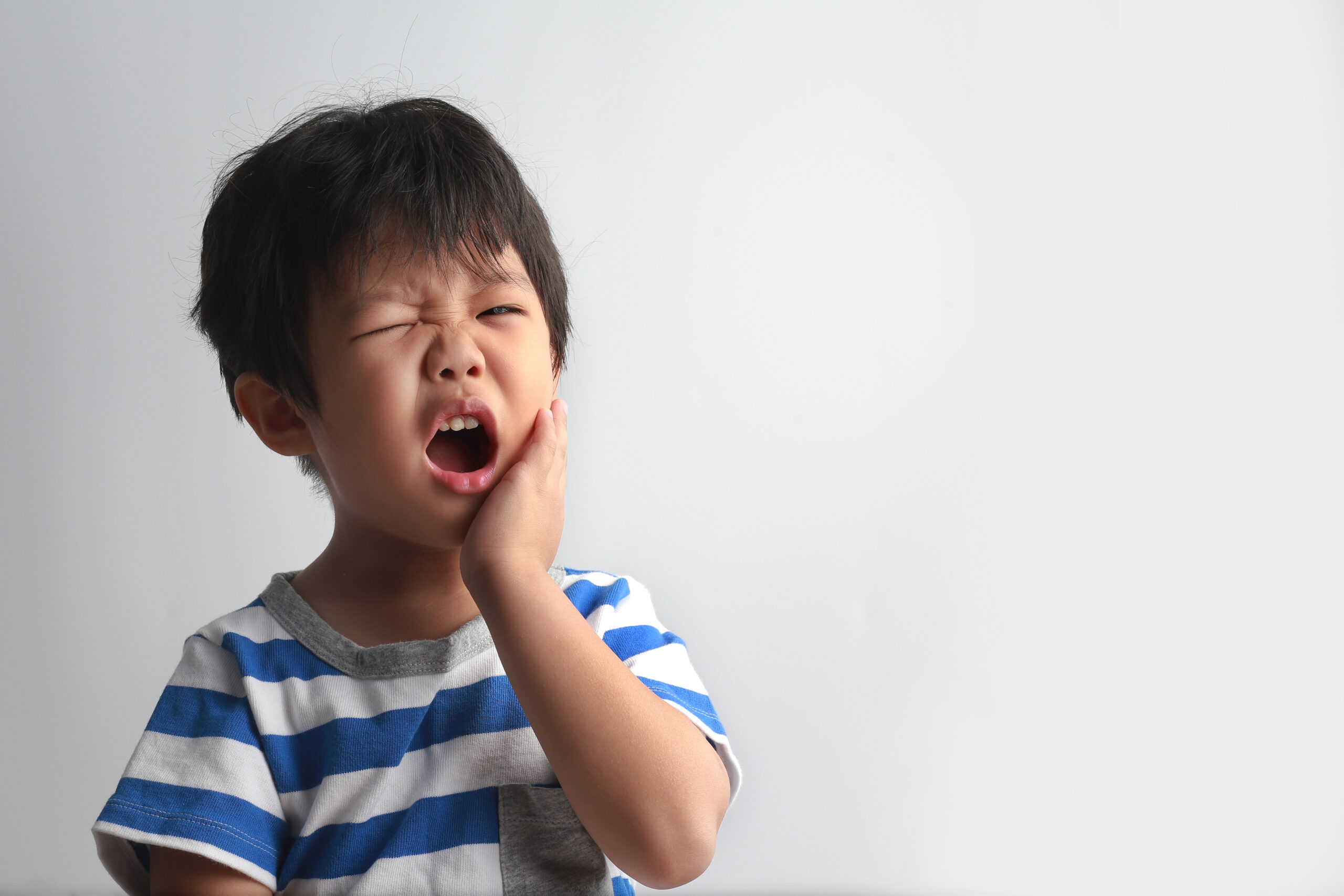Whether it’s an aunt who swore her kids were trained at 18 months or a preschool’s policy stipulating all students must be out of diapers, the pressure to potty train children early can hit parents from many angles.
Karen Pontrelli, director of the New Day Montessori School in Wilmington, DE was given a make-or-break potty training deadline prior to her son attending preschool. As a result, she decided she would never force her students to do the same.
Her school’s potty training method is decidedly relaxed and only progresses when the child is ready. While changing diapers, teachers ease children into the initial stages of training by “talking about how good it would feel to wear underwear,” says Pontrelli.
When active training begins, she believes that using diapers or pull-ups only prolongs the training as moisture is absorbed and children might not know they soiled. “We also insist [children] wear clothing they can handle on their own. No belts, snaps or zippers,” she adds.
Infant Training
The ultimate form of early training recently appeared in headlines, and with them came the promise of freedom from diapers. Elimination Communication (EC) “teaches” infants to eliminate on cue, starting between birth and 5 months.
Parents watch for signs that a child needs to void. The child is held over a potty and given an auditory cue that triggers elimination. Proponents of the method tout EC’s ability to build strong bonds between parents and infants.
Stephanie Wallen-Fort, director of the Holding Hands Family Child Care and Play Center in Mullica Hill, NJ, believes EC is a mixed bag. “Getting to know your baby and discerning signs is wonderful,” she says, but expecting working parents or families with multiple kids to perform EC is unreasonable.
There is also the question of basic physiological ability. According to Maryann Gitter, family and pediatric nurse practitioner at 1201 Pediatric Group in Bryn Mawr, PA, infants “don’t have bladder control. The method trains parents.”
Whatever method is used, timing is essential. According to a study by The Children’s Hospital of Philadelphia (CHOP), the age at which potty training begins could determine how long it lasts. The study, which followed 378 parents of toddlers ages 17 to 19 months, found that training children before 27 months prolongs the process, taking those children a year or longer to complete it.
Training between 27 and 36 months, took only 5-10 months. The optimal time for speedy training, suggests the study, is to start between 33 and 36 months. Those children took only five months to train. EC can take up to two years to complete.
The Daycare Advantage
Lauren Faulkner and Jill Slader, both teachers at The Children’s House Montessori School in Wilmington, DE, include children early in the process. From changing diapers in the bathroom (to get children familiar with the environment) to encouraging children to get their own diapers and wipes, they take a child-centered approach to training. “We try to initiate independence early,” Slader says.
Children thrive on routine, such as reliable, scheduled potty breaks, says Wallen-Fort. Because of that routine, “most children are potty trained at day care before they are trained at home.”
Expect small bumps in the road, says Mark Wolraich, MD, who edited the American Academy of Pediatrics book, Guide to Toilet Training. He says if there’s a change, such as a new baby, children’s potty training often regresses.
Oppositional behavior also contributes to setbacks. Dr. Wolraich says if children refuse to train, don’t push them, just wait a month and begin again. “The harder you push, the harder they push back,” says Gitter. “It’s a control issue and children have ultimate control.” Remaining patient and avoiding punishment, says Dr. Wolraich, will help children overcome the setback.
Focus on Five
Most healthy, normal children are trained by age 5, says Gitter. Don’t worry if your 5-year-old has accidents at night. According to Dr. Wolraich, as many as five to ten percent of 5-year-olds wet the bed.
To encourage dry nights, Gitter suggests decreasing fluids after dinner and emptying the bladder before bed. Parents can also try incentive programs by rewarding dry nights. “If children come from parents who wet the bed at night, there is more of a chance the kids will also,” she says. Again, patience is key and children usually grow out of bed-wetting. If it becomes a problem for the child, medication is available for children age 8 and older.
No matter when you begin or what method you choose, says Dr. Wolraich, “the role parents play is to be there to help facilitate when children are ready to train. It should be an exciting, pleasant experience of helping them achieve another aspect of independence.”
Leah R. Troiano is a local freelance writer.






